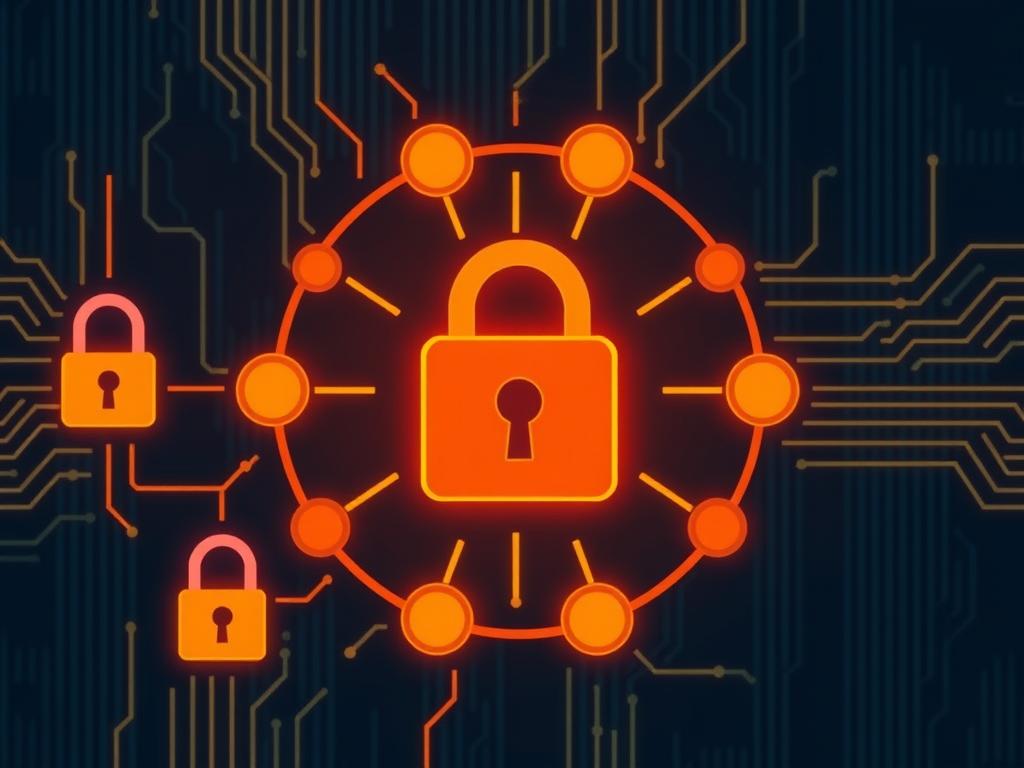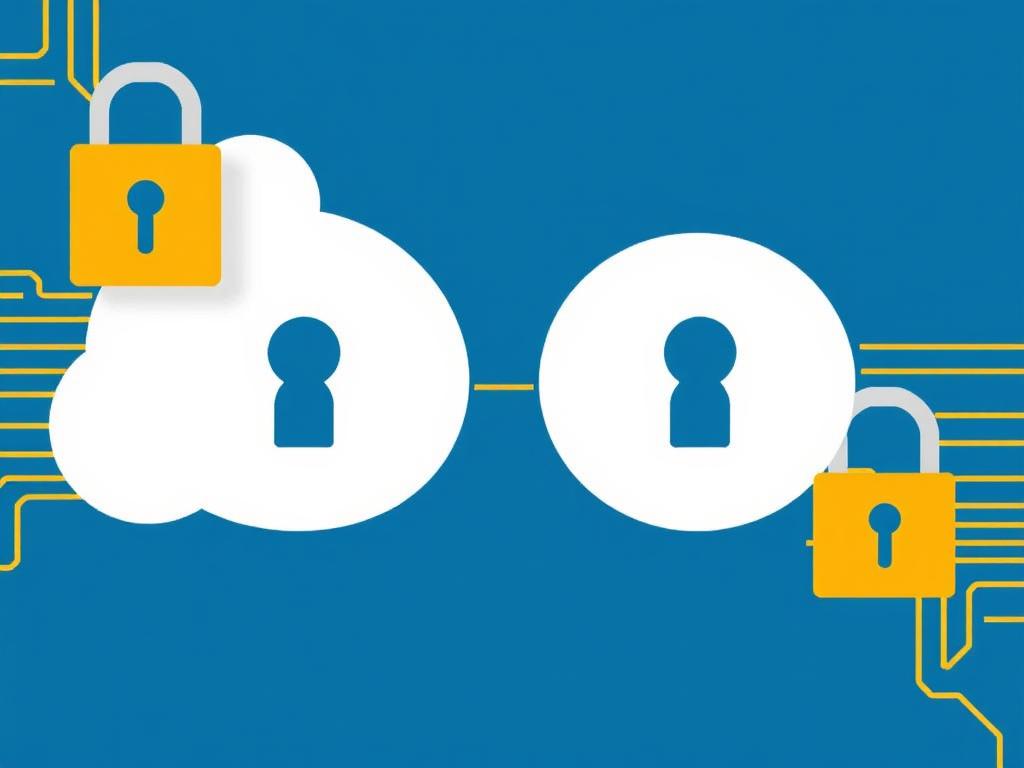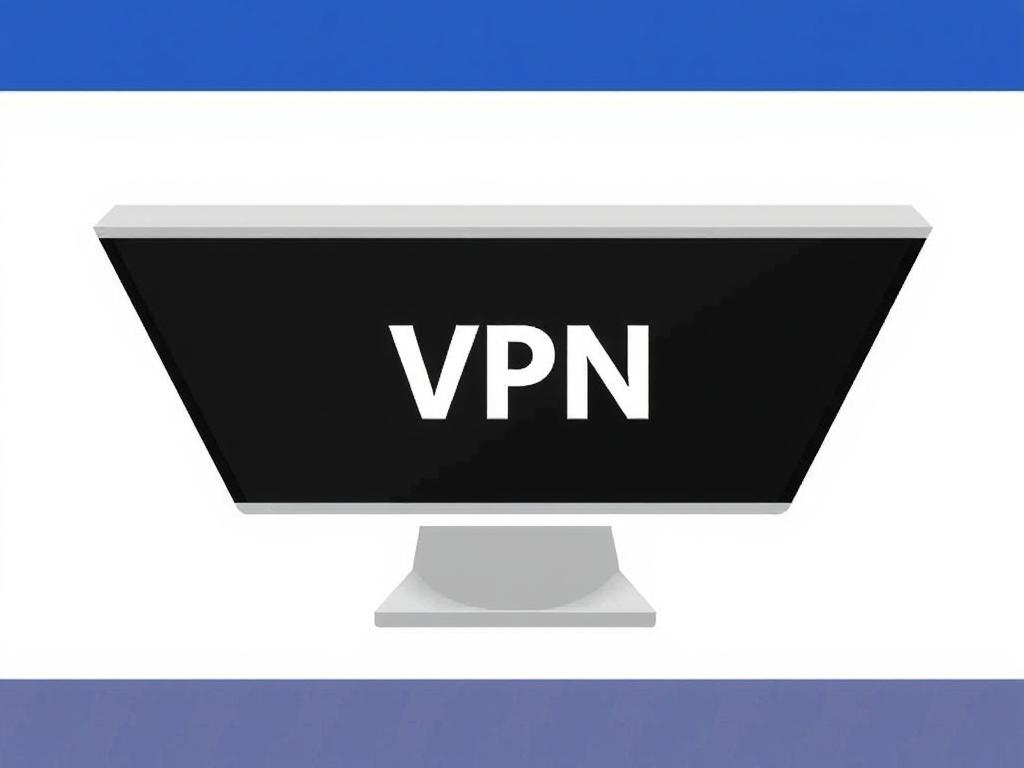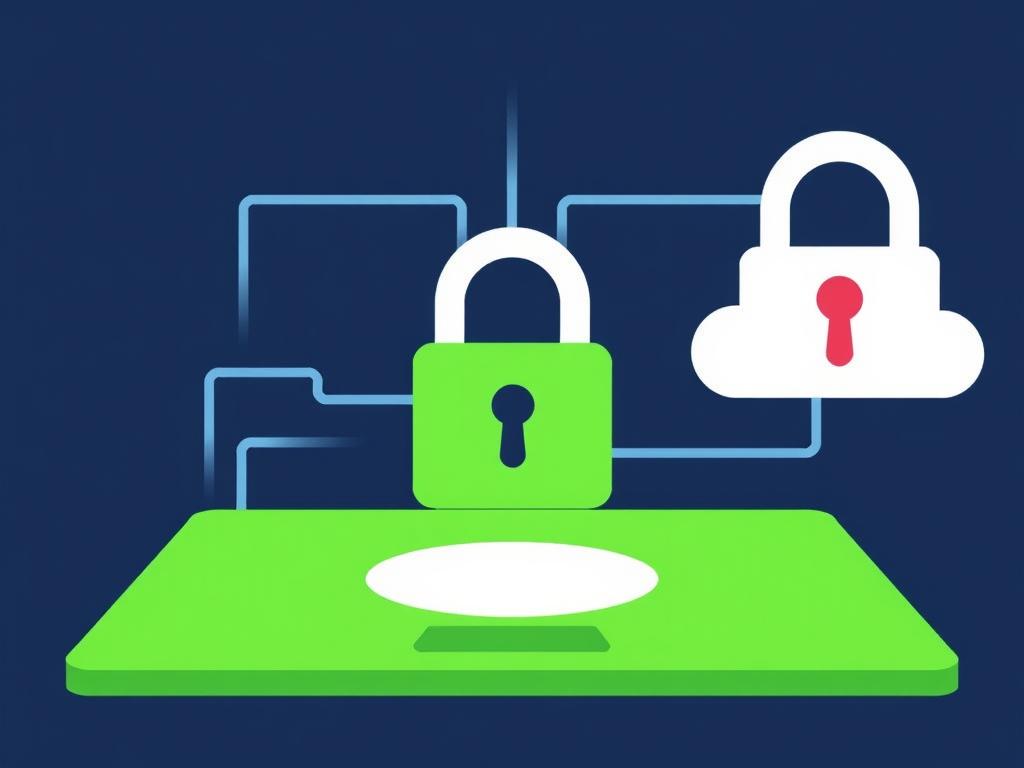In today’s digital age, online privacy is more important than ever. Whether you’re browsing the web, streaming your favorite shows, or working remotely, ensuring your data stays protected is crucial. Enter VPN encryption—a technology that may sound complex but plays a vital role in securing your online activities. So, how does VPN encryption actually work? Let’s take a deep dive into the fascinating world behind those scrambled codes and locked connections. By the end of this article, you’ll have a solid understanding of VPN encryption, its mechanisms, and why it’s an indispensable tool for online security.
What Is VPN Encryption?
Before diving into the mechanics, it’s essential to understand what VPN encryption means. A Virtual Private Network (VPN) creates a secure tunnel between your device and the internet. But this tunnel isn’t just a metaphor—it’s built with powerful encryption protocols that scramble your data so outsiders can’t read or intercept it. Imagine sending a message that’s been encoded into a secret language only you and the recipient can decipher; that’s what VPN encryption does to your data as it travels through the internet.
How Does VPN Encryption Work?
Let’s break down the process of VPN encryption step by step. When you connect to a VPN, your device first establishes a connection to a VPN server using specific encryption protocols. These protocols decide how your data will be encrypted and decrypted once it passes through this virtual tunnel.
1. The Role of Encryption Protocols

Encryption protocols are sets of rules that specify how information is encoded and transmitted securely. Some of the most common VPN encryption protocols include:
| Protocol | Description | Use Cases |
|---|---|---|
| OpenVPN | An open-source protocol known for both security and speed. | General use, streaming, bypassing geo-restrictions |
| IPSec/IKEv2 | A fast and secure suite of protocols often used on mobile devices. | Mobile security, quick reconnections |
| WireGuard | A newer, lightweight protocol designed for speed and simplicity. | Low-latency connections, modern devices |
| L2TP/IPSec | Combines Layer 2 Tunneling Protocol with IPSec for security. | Moderate security, compatibility |
Each protocol uses different encryption algorithms to scramble your data, but the goal remains the same: to protect your information from prying eyes.
2. Encryption Algorithms: The Heart of VPN Encryption
Encryption algorithms are mathematical formulas that convert readable data (plaintext) into unreadable ciphertext. When you send data through a VPN, these algorithms transform your information based on secret keys, making the data useless to anyone without the key.
Some widely used encryption algorithms in VPNs include AES (Advanced Encryption Standard) and ChaCha20. Here’s a simple look at their features:
- AES-256: A widely trusted algorithm that uses a 256-bit key, considered extremely secure and often adopted by military and government agencies worldwide.
- ChaCha20: Known for speed and security, especially effective on devices with less powerful processors, such as smartphones.
3. Key Exchange and Authentication

Encryption alone isn’t enough. VPNs also use key exchange algorithms to safely share the secret keys between your device and the VPN server. This step ensures that both sides have matching keys to encrypt and decrypt data.
One common key exchange method is called Diffie-Hellman, which enables safe key sharing even over an insecure connection. Once keys are exchanged, VPNs use authentication protocols (like TLS) to verify the identity of devices, preventing unauthorized access.
What Happens When Data Travels Through a VPN?
To truly grasp how VPN encryption works, picture this sequence of events:
- Your device encrypts data: Before your information leaves your device, it’s encrypted using the chosen algorithm and key.
- Data travels through an encrypted tunnel: The encrypted data is sent over the internet to the VPN server, passing through routers and ISPs safely because it appears as random ciphertext.
- VPN server decrypts data: The VPN server uses the shared key to decrypt data, then forwards your request to the intended website or service.
- Return traffic is encrypted and sent back: When the website replies, the VPN server encrypts the data and sends it back through the tunnel to your device.
- Your device decrypts the information: Finally, your device decrypts the data and presents it in a readable format.
This whole process happens seamlessly and in real time, making your online communication both secure and private.
Why Is VPN Encryption Important?
In an increasingly interconnected world, your online data is constantly at risk. Public Wi-Fi networks, ISP monitoring, hackers, and even governments may attempt to spy on your internet activities. VPN encryption creates a shield to keep this data safe by:
- Protecting your privacy: Encrypted data prevents others from seeing what websites you visit or the files you send.
- Securing sensitive information: Whether you’re entering passwords, banking details, or private messages, encryption keeps these safe.
- Bypassing censorship and geo-blocks: Encryption hides the content of your data, allowing you to access blocked content securely.
- Preventing ISP throttling: ISPs can’t detect your activities inside the encrypted tunnel, which stops them from slowing down your connection based on usage.
Common Misconceptions About VPN Encryption

As important as VPN encryption is, there are a few misunderstandings worth clearing up for better clarity:
- VPNs make you 100% anonymous: While VPNs significantly boost privacy, they don’t make you completely invisible online. Other factors like cookies or malware can still track you.
- All VPN encryption is the same: Different services use various protocols and algorithms; some offer stronger security than others.
- VPN slows down your internet drastically: Modern encryption methods are efficient, and the speed loss is minimal when choosing a reliable VPN provider.
Choosing the Right VPN with Strong Encryption
With many VPN providers in the market, selecting one with robust encryption is essential for your safety. Here is a checklist to help you pick the right VPN:
| Feature | Why It Matters |
|---|---|
| Strong Encryption Algorithms (AES-256 or ChaCha20) | Ensures your data is encrypted to a high standard. |
| Secure Protocols (OpenVPN, WireGuard, IKEv2) | Combines speed with security and reliability. |
| No-Logs Policy | Prevents your activity from being recorded or shared. |
| Kill Switch Feature | Automatically stops internet traffic if VPN connection drops, protecting your data. |
| Regular Security Audits | Shows the provider’s commitment to maintaining secure services. |
Taking the time to research these factors means your VPN will truly safeguard your online presence.
Future of VPN Encryption
Encryption technology is continually evolving to keep up with new cyber threats. Protocols like WireGuard represent the future—offering simpler, faster, and just as secure encryption. Beyond that, quantum computing poses both challenges and opportunities for VPN encryption. Researchers are working on quantum-resistant algorithms to keep ahead of hackers armed with quantum technology.
This ongoing advancement ensures that VPN encryption will continue to be a reliable fortress guarding your digital life.
Conclusion
VPN encryption might seem like an elusive concept at first, but it’s essentially the backbone of your online privacy and security. Through a combination of sophisticated encryption protocols, powerful algorithms, and secure key exchanges, VPNs create a protective tunnel that keeps your data safe from prying eyes. Understanding how VPN encryption works helps you appreciate the value it provides in today’s digital world, where cyber threats are constant, and privacy is precious. Whether you’re a casual internet user or a professional handling sensitive information, investing in a VPN with strong encryption is one of the smartest moves you can make to keep your digital footprint secure.
